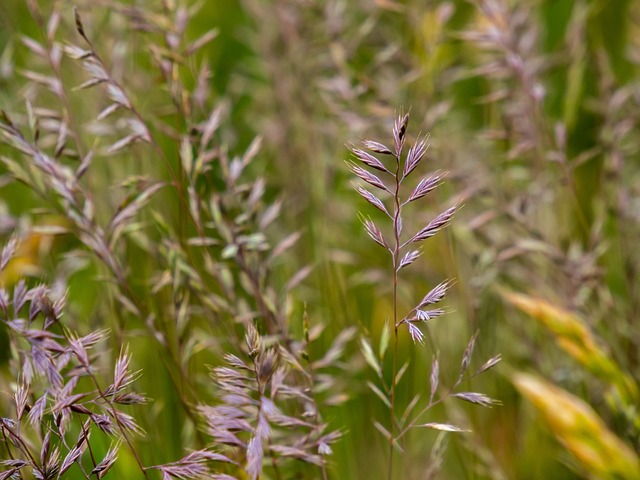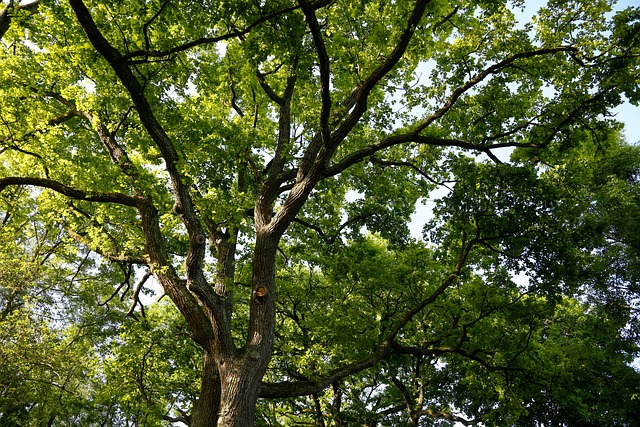21 dukes 👁 The Resurgence of Aristocracy: Exploring the Relevance of 21 Dukes in Modern Society

The Resurgence of Aristocracy: Exploring the Relevance of 21 Dukes in Modern Society
In a world increasingly characterized by egalitarian values and democratic principles, the notion of aristocracy often seems anachronistic. Yet, the recent resurgence of interest in nobility, particularly embodied by the figures of 21 dukes, invites a critical examination of their role and relevance in contemporary society. As remnants of a past steeped in privilege and tradition, these dukes not only symbolize a historical legacy but also engage with modern societal issues, making their presence felt in diverse realms, from philanthropy to cultural advocacy.21 dukes
Historically, dukes have occupied a pivotal position within the aristocratic hierarchy, wielding significant power and influence over vast territories. Their lineage often boasts centuries of heritage, steeped in tales of valor, political maneuvering, and, at times, scandal. Yet, as societal norms evolve, the question arises: what relevance do these figures hold in today’s world? The answer may lie in their adaptability and willingness to engage with pressing contemporary issues.21 dukes
One of the most striking attributes of this new generation of dukes is their commitment to philanthropy. Unlike their forebears, who may have been more focused on maintaining their estates and privileges, today’s dukes are increasingly involved in social causes. From environmental conservation to education and healthcare, these noble figures are leveraging their resources and influence to address pressing global challenges. Their philanthropic endeavors not only enhance their public image but also serve as a bridge connecting the past with the present, demonstrating that nobility can coexist with social responsibility.21 dukes

Moreover, the engagement of dukes in cultural advocacy has become increasingly pronounced. Many of these aristocrats are patrons of the arts, supporting museums, galleries, and cultural institutions. This involvement is not merely a form of elitism; rather, it reflects a genuine commitment to preserving and promoting cultural heritage. In an age where globalization threatens local traditions, the dukes’ role in safeguarding artistic expressions and historical narratives has never been more critical. Their influence can galvanize support for underrepresented artists and initiatives, ensuring that diverse voices are heard and celebrated.21 dukes

As modern society grapples with issues of inequality and social justice, the dukes’ historical privilege presents both a challenge and an opportunity. While some may argue that their aristocratic status perpetuates outdated hierarchies, others contend that their unique position allows them to effect meaningful change. The key lies in transparency and accountability. By openly addressing their wealth and influence, these dukes can foster dialogue around privilege and its responsibilities, potentially becoming allies in the fight for equity.
The digital age has also transformed the landscape in which dukes operate. Social media platforms have provided them with a new means of communication, allowing for direct engagement with the public. Through these channels, they can share their philanthropic projects, cultural initiatives, and personal reflections, humanizing their image and dispelling outdated stereotypes. This shift towards a more accessible and relatable aristocracy challenges the traditional notions of aloofness that have long been associated with nobility.
Furthermore, the presence of these 21 dukes in popular culture cannot be overlooked. Their appearances in media, literature, and film often romanticize the idea of aristocracy, sparking curiosity and fascination among the masses. This cultural phenomenon underscores the enduring allure of nobility, as well as its potential to influence public perception and discourse. In a world craving narratives that transcend the mundane, the stories of these dukes—filled with drama, legacy, and social engagement—continue to captivate audiences.21 dukes
Despite the challenges they face in adapting to a rapidly changing world, the 21 dukes represent a fascinating intersection of history and modernity. Their ability to navigate the complexities of contemporary society while honoring their heritage positions them as unique figures capable of influencing public opinion and inspiring action. As they embrace their roles as philanthropists, cultural advocates, and social commentators, these dukes may well redefine what it means to be noble in the 21st century.
In conclusion, the relevance of the 21 dukes in modern society transcends mere nostalgia. Their contributions to philanthropy, culture, and social dialogue reflect a conscious effort to adapt to a world that often views aristocracy with skepticism. As they engage with contemporary issues and redefine their roles, these dukes have the potential to serve as catalysts for positive change, bridging the gap between tradition and progress. The legacy of nobility, far from being a relic of the past, continues to evolve, inviting us to reconsider the very fabric of societal structures in an ever-changing world.
Fale conosco. Envie dúvidas, críticas ou sugestões para a nossa equipe através dos contatos abaixo:
Telefone: 0086-10-8805-0795
Email: portuguese@9099.com


